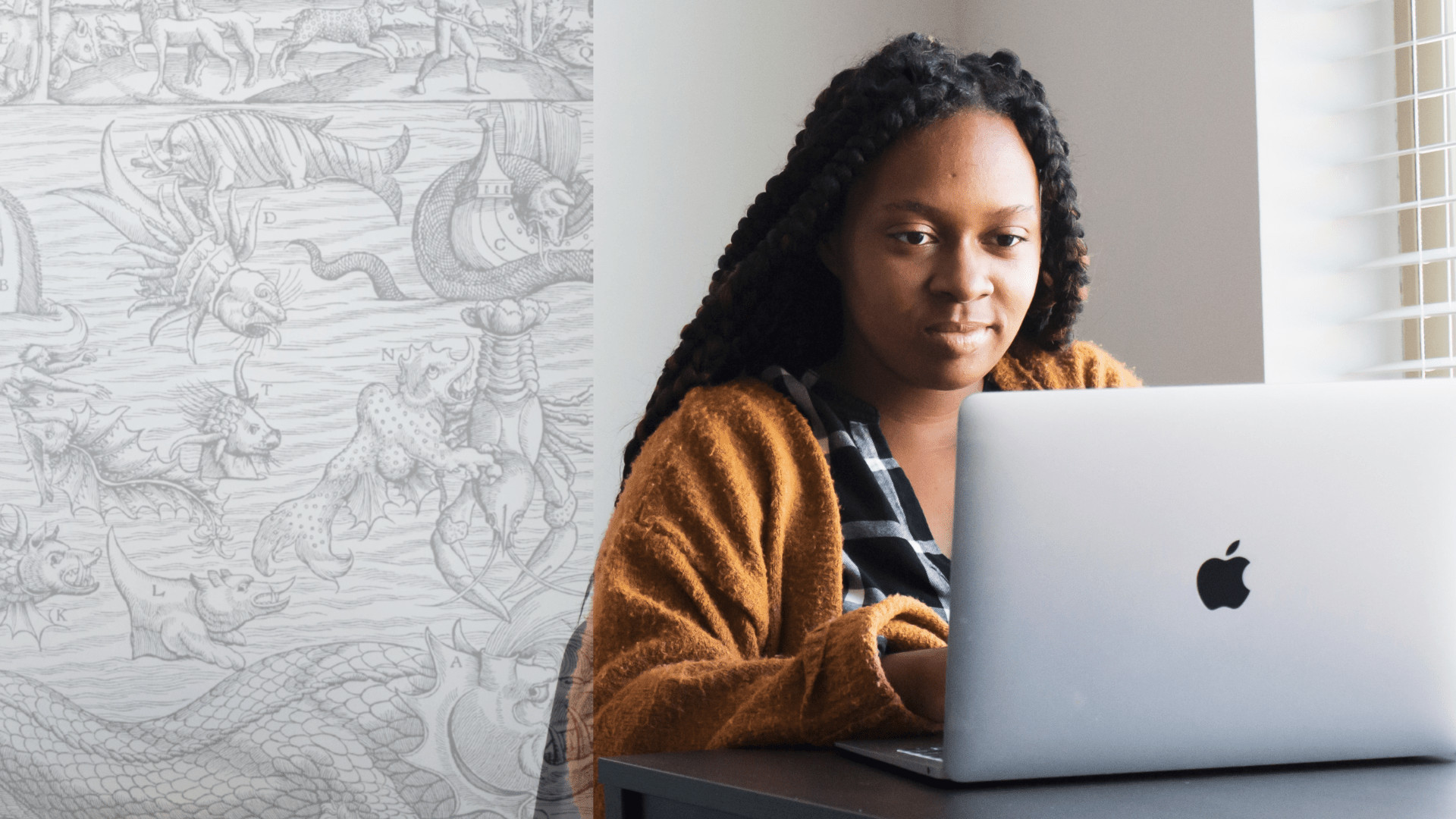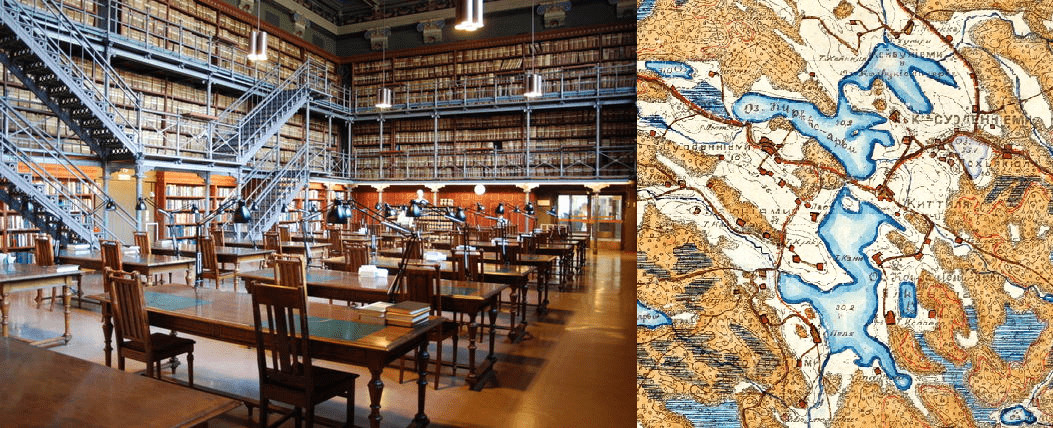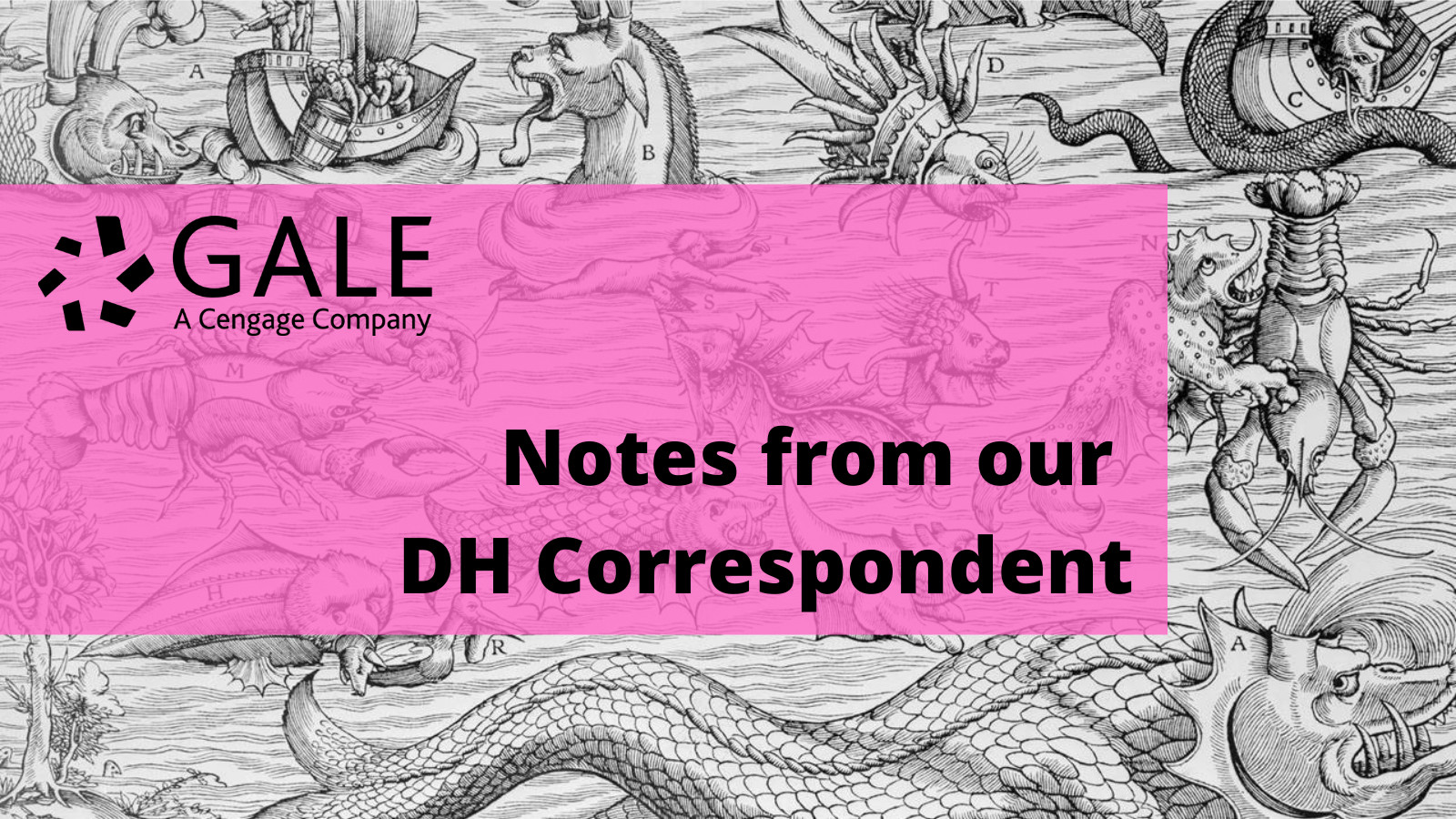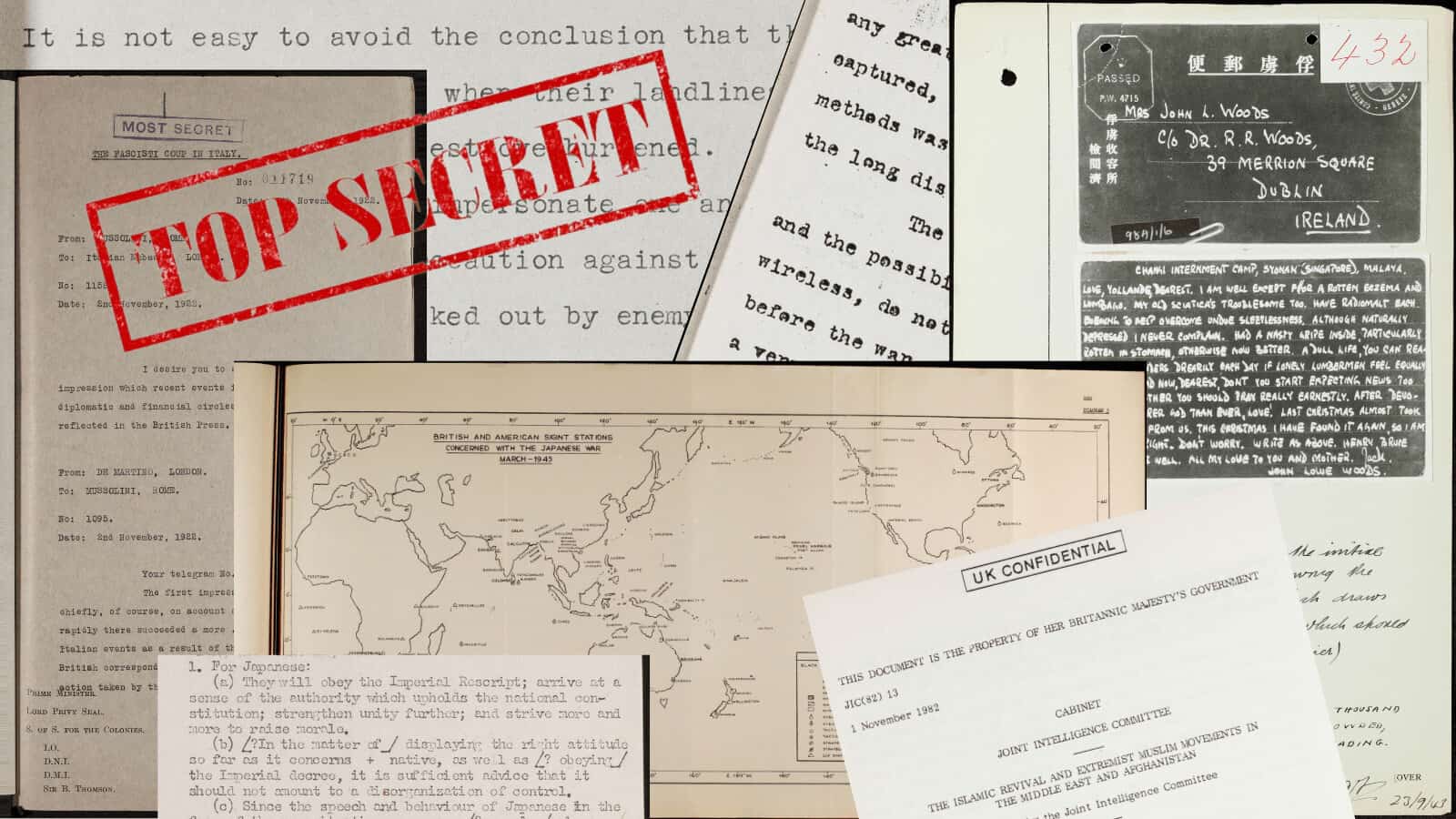|By Symbat Omasheva, Year 11 student at Nazarbayev Intellectual School in Nur-Sultan|
The Second World War, which took place from September 1, 1939, to September 2, 1945, showed that women are capable of doing what was previously considered “men’s work” and making a significant contribution to the war effort. However, ideas about the gender distribution of responsibilities and the use of physical force differed greatly between the opposing sides in the war; the Allies actively promoted women’s contribution to the outcome of the war, while the Axis powers discouraged women from working on the military front.

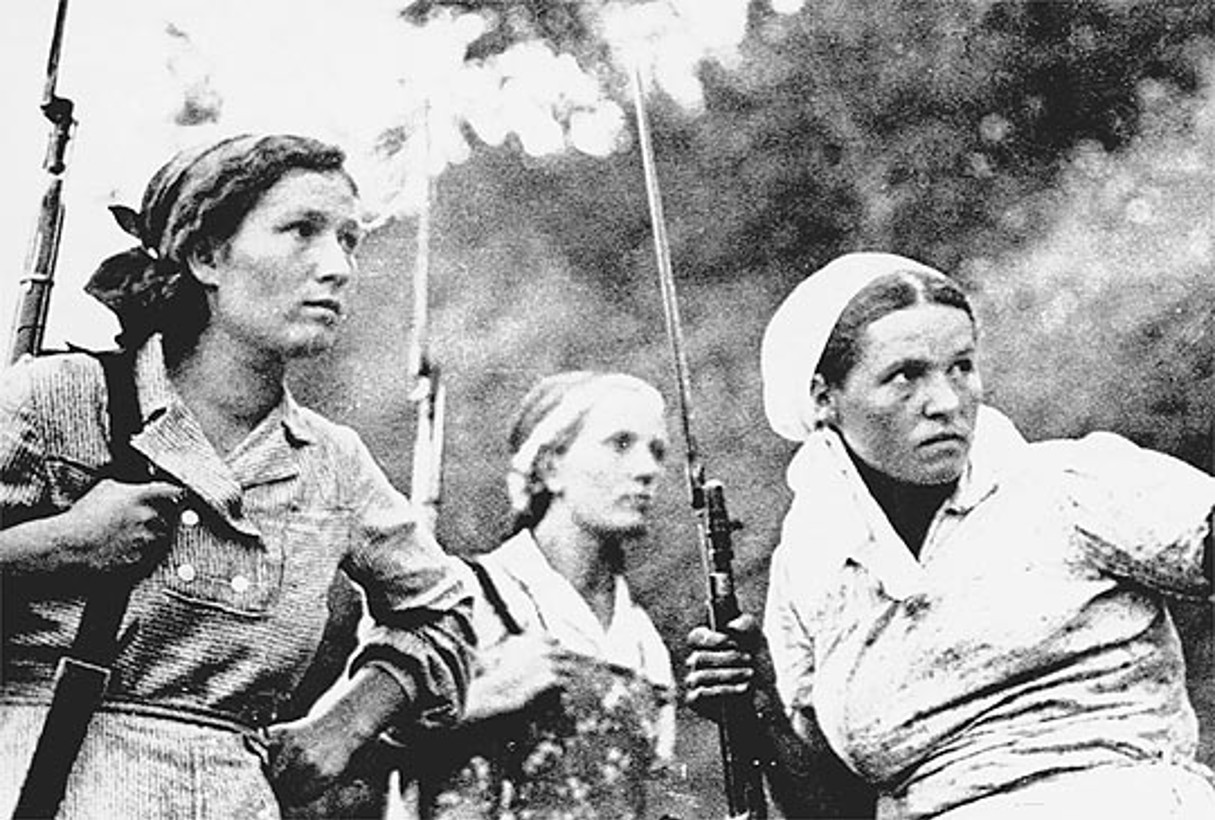
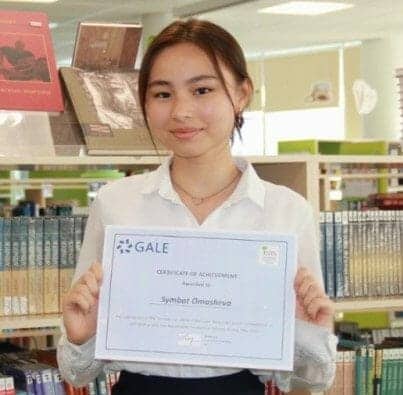 In Spring 2022, Gale ran a competition with Nazarbayev Intellectual Schools, Kazakhstan, which gave students at schools within the group the chance to research and write about a topic of interest – with the two top entries published on The Gale Review! Below is the runner up entry, a superb piece by Year 11 student Symbat Omasheva.
In Spring 2022, Gale ran a competition with Nazarbayev Intellectual Schools, Kazakhstan, which gave students at schools within the group the chance to research and write about a topic of interest – with the two top entries published on The Gale Review! Below is the runner up entry, a superb piece by Year 11 student Symbat Omasheva.
 The schools within the Nazarbayev Intellectual Schools group have access to the
The schools within the Nazarbayev Intellectual Schools group have access to the 
